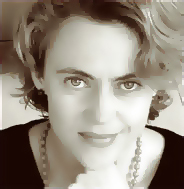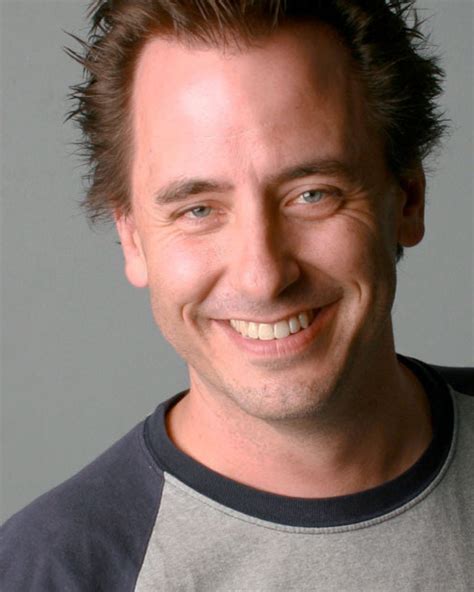A Quote by Barbara Kruger
The different aspects of my activity, whether it's writing criticism, or doing visual work that incorporates writing, or teaching, or curating, is all of a single cloth, and I don't make any separation in terms of those practices.
Related Quotes
I always say that I'm an artist who works with pictures and words, so I think that the different aspects of my activity, whether it's writing criticism, or doing visual work that incorporates writing, or teaching, or curating, is all of a single cloth, and I don't make any separation in terms of those practices.
Writing is not a job or activity. Nor do I sit at a desk writing for inspiration to strike. Writing is like a different kind of existence. In my life, for some of the time, I am in an alternative world, which I enter through day-dreaming or imagination. That world seems as real to me as the more tangible one of relationships and work, cars and taxes. I don't know that they're much different from each other.
People who write for reward by way of recognition or monetary gain don't know what they're doing. They're in the category of those who write; they are not writers. Writing is simply something you must do. It's rather like virtue in that it is its own reward. Writing is selfish and contradictory in its terms. First of all, you're writing for an audience of one, you must please the one person you're writing for. Yourself.
When you're writing - when I'm writing anyway - I'm writing out of different kinds of preoccupations and obsessions, different forms of drivenness, and so you're really hostage those while writing. I am, anyway. And it's only when you finally take the finished thing out of the furnace that you see what it was that went into the making of the thing.
For some reason there's this myth that creativity - [especially] in terms of creative writing - is a gift you either have, or you don't. So when people first start writing, if they write something that's not very good, or if they try and it's difficult, they go, "Oh, I guess I don't have it." That doesn't seem very fair, you have to try and you have to work at it. If we get scared of one bad poem and quit, that's not doing anybody any good.
Essentially, the scripts are not that different. Let's say, in literary terms, it's the difference between writing horizontally and writing vertically. In live television, you wrote much more vertically. You had to probe people because you didn't have money or sets or any of the physical dimensions that film will allow you. So you generally probed people a little bit more. Film writing is much more horizontal. You can insert anything you want: meadows, battlefields, the Taj Mahal, a cast of thousands. But essentially, writing a story is writing a story.






































